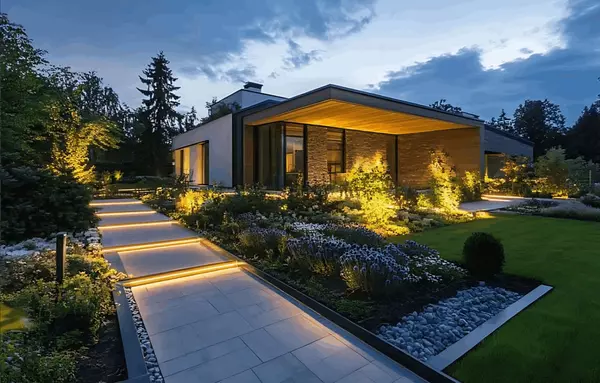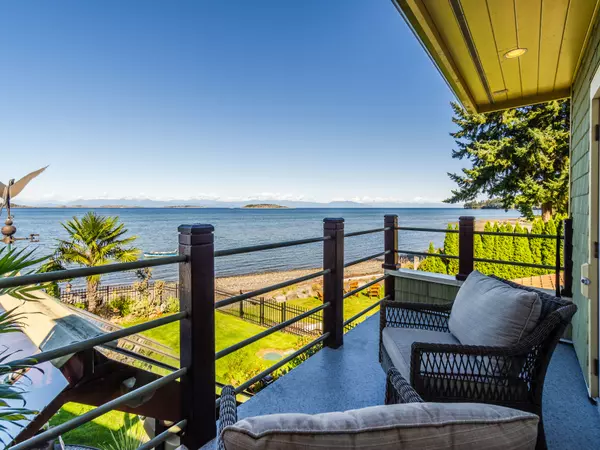The Real Estate Guide for the Afterlife: The Most Haunted Homes Around Vancouver

By Leslie McGuire | October 2025 Welcome, Spirited Homebuyers Attention all ghosts, ghouls, and curious mortals — this one’s for you.If you’ve ever dreamed of owning a home with real character (and maybe a resident poltergeist), consider this your official “Real Estate Guide for the Afterlife.” Fr
Read MoreHow to Give Your Home Great Curb Appeal in the Fall

I get it — selling your home in the colder months can feel tricky. The flowers are gone, the days are shorter, and you might be wondering how to make your home stand out when everything outside feels a little… well, gray. The good news? Fall and winter homes can look absolutely stunning with
Read MoreConsiderations When Selling a Waterfront Property in West Vancouver

Considerations When Selling a Waterfront Property Selling a waterfront property isn’t just about listing a home—it’s about showcasing a lifestyle. With stunning ocean views, direct beach access, and a prestigious address, these properties attract buyers from around the world. But to make the most of
Read More-

When it comes to selling your home, preparing it for potential buyers can be a daunting task. However, by following a few simple strategies, you can make your home more attractive and appealing to those who are in the market for a new place to live. Here are some tips for getting your home ready to
Read More How Much Cash Do I Need to Purchase a Home?

Setting out a budget is an important step when deciding to purchase a home, but there are several cash expenses that you may not think of that need to be taken into account when planning your budget. Here's a quick guide to help you calculate all of the upfront costs that you could incur when buyin
Read MoreThe Benefits of Working with a Buyer's Agent

Purchasing a home is often one of the largest financial investments of your life, which is why it's important to have a professional guide you through every step of the way to ensure you're making the right decision for your situation. There are several benefits to working with a Buyer's Agent when
Read MoreWhat is Mortgage Loan Insurance and Do I Need to Have it?

Before I jump into what Mortgage Loan Insurance (also known as Mortgage Default Insurance) is and whether or not you'll need it when buying a home, first we need to understand what a Mortgage is. What Is a Mortgage? A mortgage is a loan that you use to buy a home. By signing a mortgage con
Read MoreThe First 4 Steps to Take Before Purchasing a Home

The initial thought of purchasing your first home can be exciting, nerve-racking and confusing all at once. There are many unknowns if you’ve never been through the purchasing process but once you know where to start, the process becomes much less intimidating. I’ve listed 4 steps leading up to purc
Read More
Categories
Recent Posts








